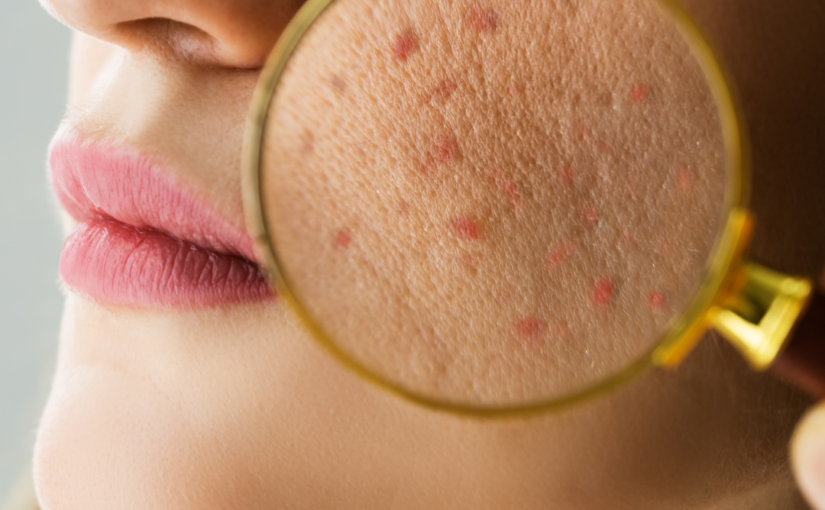At RE/SKIN Clinic we specialise in skin longevity, a proactive, science-led approach to maintaining healthy, resilient skin at every age. Rather than chasing short-term results, our treatments and skin plans focus on strengthening the skin’s structure, function, and regenerative capacity over time to stop skin ageing in its tracks.
Skin longevity is about how well your skin ages, not how aggressively it is treated. We are here to help you future-proof your skin.
What Is Skin Longevity?
Skin longevity refers to preserving the skin’s health, strength, and function long term. This includes maintaining collagen and elastin, protecting the skin barrier, reducing inflammation, and supporting natural cell regeneration.
At our Sheffield skin clinic, we take a holistic approach — addressing internal health, environmental exposure, skincare, and advanced skin treatments to slow premature ageing and improve overall skin quality.
Internal Health & Its Impact on Skin Longevity
Healthy skin begins internally. Inflammation, hormonal changes, stress, and nutritional deficiencies all accelerate visible ageing and contribute to skin concerns such as acne, rosacea, pigmentation, and loss of firmness.
Key internal factors influencing skin longevity include:
• Chronic inflammation and oxidative stress
• Hormonal changes, including perimenopause and menopause
• Blood sugar imbalance and glycation
• Gut health and nutrient absorption
• Stress levels and sleep quality
By supporting internal health, the skin becomes more resilient, responsive to treatment, and capable of long-term repair.
Environmental & Lifestyle Factors That Age the Skin
Environmental exposure is one of the biggest contributors to premature skin ageing.
Daily exposure to UV radiation, air pollution, blue light, and harsh weather damages collagen, weakens the skin barrier, and increases pigmentation and sensitivity.
Living in an urban environment like Sheffield means antioxidant protection, barrier repair, and sun protection are essential for maintaining healthy skin long term.
Skincare for Long-Term Skin Health
Longevity-focused skincare is about consistency and skin barrier support, not harsh exfoliation or over-treatment.
At RE/SKIN Clinic Sheffield, we recommend skincare that:
• Strengthens and repairs the skin barrier
• Reduces chronic inflammation
• Supports collagen and elastin production
• Enhances cellular communication
• Protects against environmental damage
Daily broad-spectrum SPF remains the most effective anti-ageing step, alongside antioxidants and targeted actives such as vitamin A, peptides, and niacinamide.
Protection: The Foundation of Skin Longevity
UV exposure accounts for up to 80% of visible skin ageing. Without daily protection, even the most advanced treatments cannot deliver long-lasting results.
Consistent SPF use helps to:
• Preserve collagen and elastin
• Prevent pigmentation and sun damage
• Maintain treatment results
• Reduce long-term skin ageing
Protection is non-negotiable in any skin longevity plan.
Advanced Skin Rejuvenation Treatments in Sheffield
At RE/SKIN Clinic Sheffield, we offer advanced, regenerative treatments designed to work with your skin’s biology — not against it.
BYONIK Pulsed Triggered Laser Sheffield
 The BYONIK pulsed triggered laser is a cornerstone treatment in our skin longevity programmes.
The BYONIK pulsed triggered laser is a cornerstone treatment in our skin longevity programmes.
Unlike traditional lasers that rely on heat and controlled damage, BYONIK uses cold laser technology combined with pulsed light stimulation that follows the skin’s natural biorhythms.
Benefits of BYONIK Laser Treatment:
• Stimulates collagen and elastin production
• Improves skin oxygenation and circulation
• Enhances cellular communication
• Reduces inflammation and sensitivity
• No downtime and suitable for sensitive or compromised skin
BYONIK is ideal for clients seeking long-term skin health, making it one of the most advanced non-invasive skin rejuvenation treatments available in Sheffield.
Microneedling for Skin Longevity
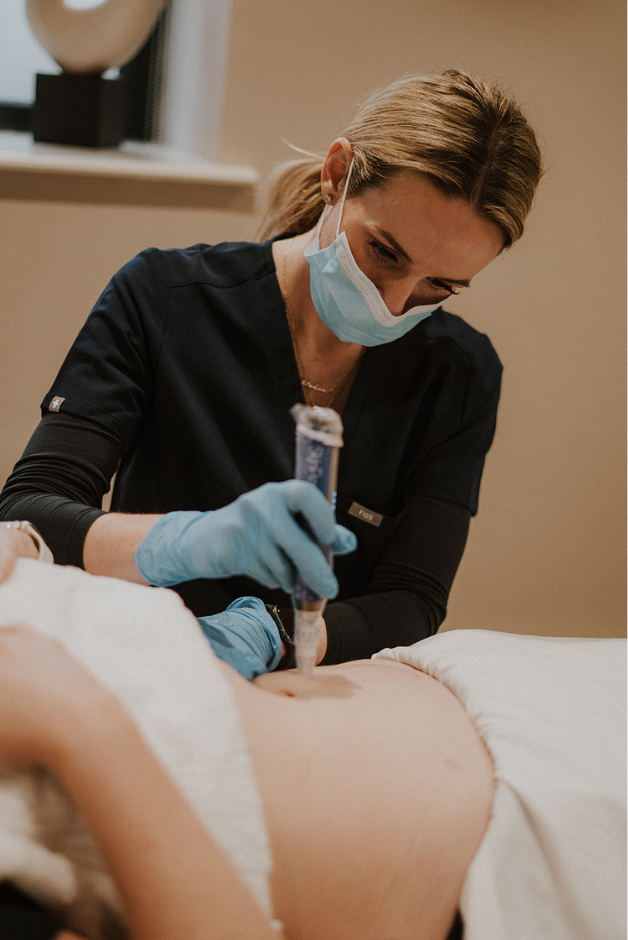 Microneedling is a clinically proven treatment for improving skin quality, firmness, and resilience when performed correctly.
Microneedling is a clinically proven treatment for improving skin quality, firmness, and resilience when performed correctly.
By creating controlled micro-channels in the skin, microneedling:
• Stimulates collagen and elastin production
• Improves texture, tone, and firmness
• Strengthens the dermal structure
• Enhances absorption of active serums
At our RE/SKIN skin clinic, microneedling protocols are carefully tailored to support regeneration without excessive inflammation — essential for skin longevity.
Supplements & Nutrition for Skin Longevity
Targeted supplementation can support skin health from within when combined with a balanced diet and professional skincare.
Common supplements used to support skin longevity include:
• Probiotics for gut health
• Vitamin C for collagen synthesis
• Omega-3 fatty acids to reduce inflammation
• Zinc for healing and repair
• Antioxidants to protect against oxidative stress
A personalised approach ensures supplementation supports your skin without unnecessary overload.
A Personalised Skin Longevity Approach in Sheffield
Skin longevity is not one-size-fits-all. At RE/SKIN Clinic, we create personalised skin health plans based on your skin condition, lifestyle, internal health, and long-term goals.
By combining internal support, professional skincare, daily protection, and advanced treatments such as BYONIK pulsed triggered laser and microneedling, we help you build stronger, healthier skin that ages confidently.
Book a Skin Consultation at RE/SKIN Clinic Sheffield
If you’re ready to invest in your skin’s future, our expert-led consultations will help you understand exactly what your skin needs for long-term health and confidence.
Skin longevity isn’t about reversing time — it’s about supporting your skin for life.
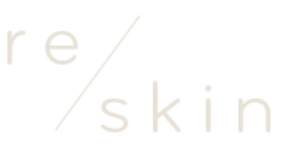

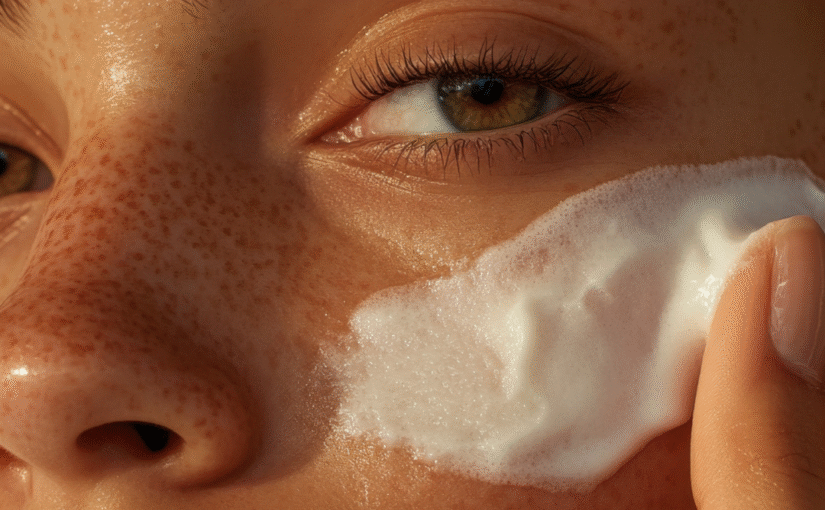
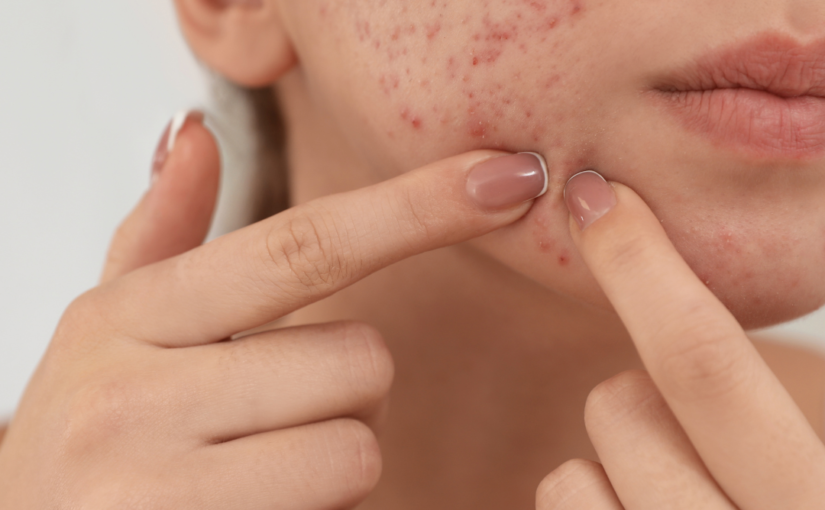

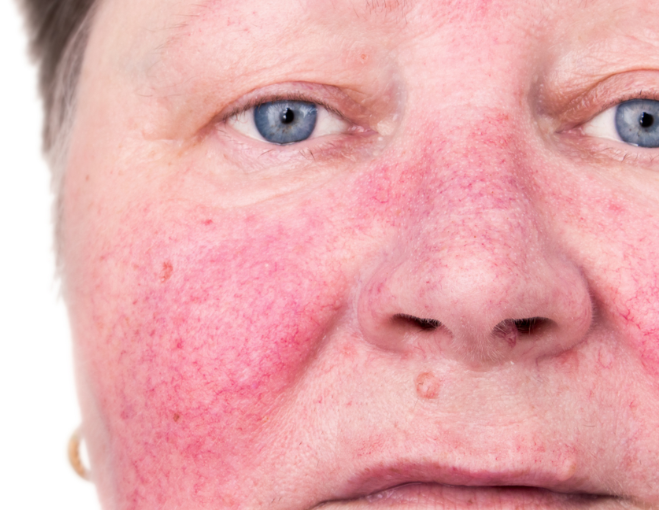

 3.
3. 


